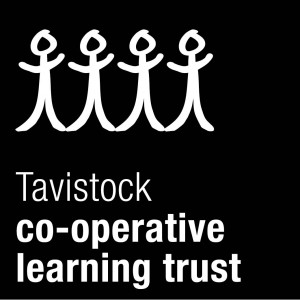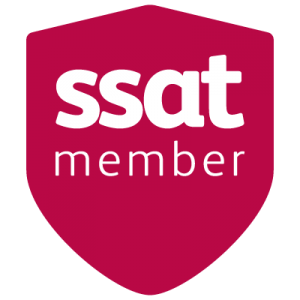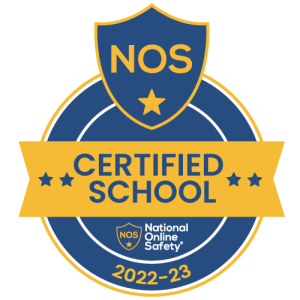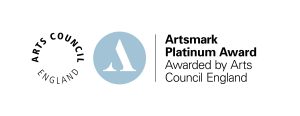This week is ‘Week A’
Updated guidance for education settings on coronavirus (COVID-19) – 16/03/2020
Today, the Department for Education and Public Health England have issued updated guidance for education settings on COVID-19. This guidance will assist staff in addressing COVID-19 in educational settings. This includes childcare, schools, further and higher educational institutions.
What you need to know:
|
The updated guidance can be found here:
Current advice remains in place: no education or children’s social care setting should close in response to a suspected or confirmed COVID-19 case unless advised to do so by Public Health England.
The Chief Medical Officer has advised that the impact of closing schools on both children’s education and on the workforce would be substantial, but the benefit to public health may not be. Decisions on future advice to education or children’s social care settings will be taken based on the latest and best scientific evidence, which at this stage suggests children are a lower risk group.
Department for Education coronavirus helpline
The Department for Education coronavirus helpline is available to answer questions about COVID-19 relating to education and children’s social care. Staff, parents and young people can contact this helpline as follows:
Phone: 0800 046 8687
Opening hours: 8am to 6pm (Monday to Friday), 10am to 4pm (Saturday to Sunday)Please note, we are currently experiencing high volumes of calls. We appreciate your patience at this time and apologise for any wait that you may experience. To ensure that we answer your calls as quickly as possible we have now extended our opening hours to cover weekends.
Coronavirus update – 13/03/2020
| Yesterday, the Government announced that we are moving from the Contain phase of the coronavirus action plan and into the Delay phase, in response to the on-going coronavirus (COVID-19) outbreak.
Full details of each stage in the government action plan can be found here: To support the delay of the spread of the virus, the Department for Health and Social Care has asked anyone who shows certain symptoms to stay at home for 7 days, regardless of whether they have travelled to affected areas. This means people should stay at home and avoid all but essential contact with others for 7 days from the point of displaying mild symptoms, to slow the spread of infection. The symptoms are:
You do not need to call NHS 111 to stay at home. If your symptoms worsen during your stay at home period or are no better after 7 days contact NHS 111 online at 111.nhs.uk. Current advice remains in place: no education or children’s social care setting should close in response to a suspected or confirmed COVID-19 case unless advised to do so by Public Health England. The Chief Medical Officer has advised that the impact of closing schools on both children’s education and on the workforce will be substantial, but the benefit to public health may not be. Decisions on future advice to schools will be taken based on the latest and best scientific evidence, which at this stage suggests children are a lower risk group. The most important thing individuals can do to protect themselves is to wash their hands more often, for at least 20 seconds, with soap and water. Public Health England recommends that in addition to handwashing before eating, and after coughing and sneezing, everyone should also wash hands after using toilets and travelling on public transport. |
















